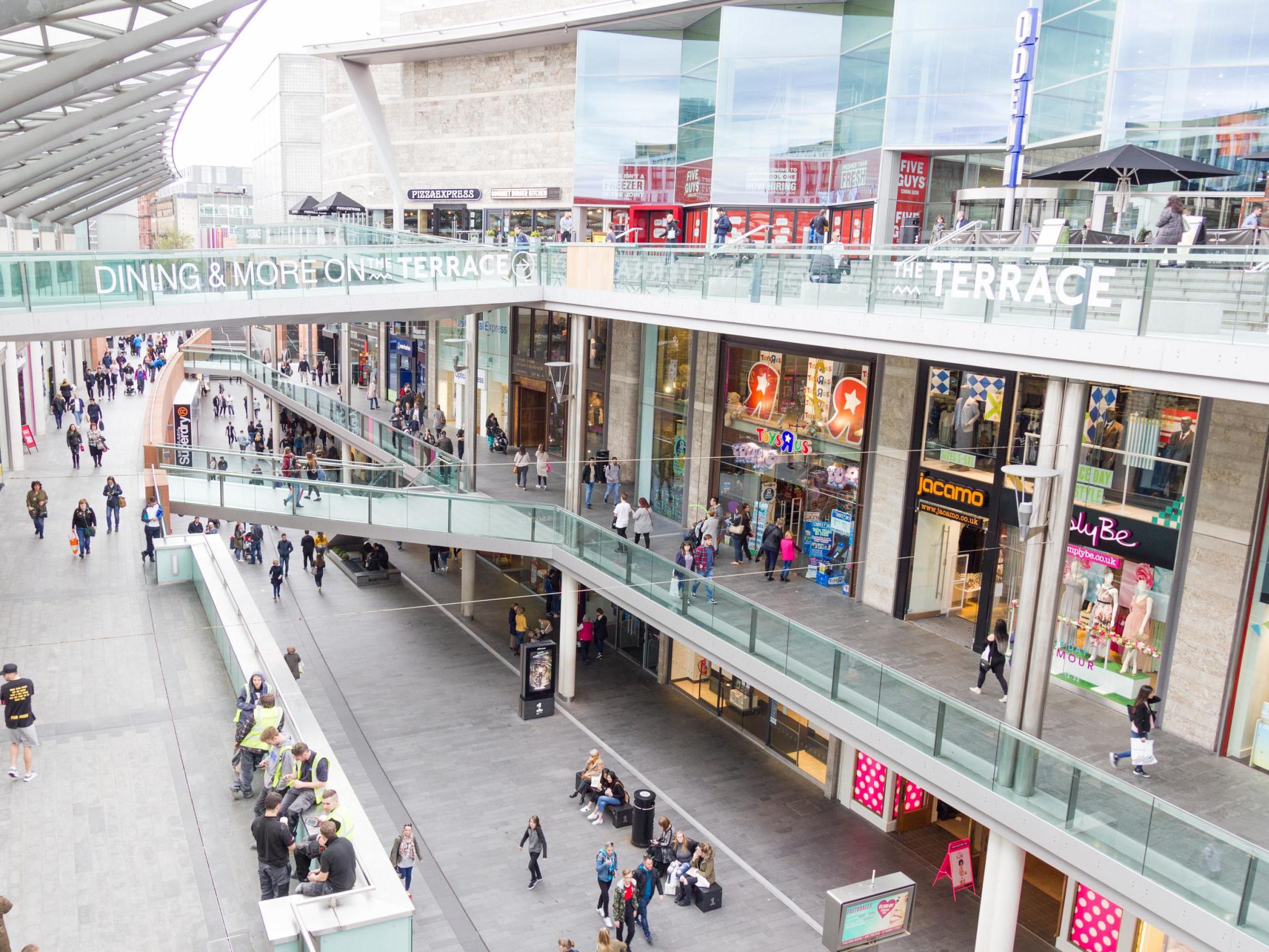Retail sales surge as shoppers defy Brexit gloom, but credit card defaults soar
Consumer spending increases but banks tighten lending criteria as number of people failing to pay debts rises

Shoppers defied the Brexit doom and gloom in March as retail sales increased for the third straight month with online shopping particularly buoyant.
Sales grew 6.7 per cent over the year – the highest since October 2016 – after a surprise monthly rise of 1.1 per cent, the Office for National Statistics (ONS) said.
But there are signs that some households are under pressure with defaults on credit cards rising significantly at the start of the year, according to Bank of England data released on Thursday.
Milder weather helped to tempt shoppers into stores but three-quarters of the growth came from internet sales, the ONS said. Online operators now account for 18.6 per cent of the value of all retail sales.
Department stores were the only sector to register declining sales in March, with sales shrinking 0.3 per cent. Debenhams became the latest chain to enter administration this month in a deal that saw lenders take control.
In contrast, food stores enjoyed a 3.3 per cent annual rise while textile, clothing and footwear stores saw a 7.1 per cent increase.
Rhian Murphy, head of retail sales at the ONS, said: “March’s mild weather boosted sales, with food shops also recovering after a weak February”.
The resilience of consumers in the face of Brexit uncertainty has been helped in part by high levels of employment. The proportion of people in work is at its highest since comparable records began in 1971, boosted by an increasing number of women entering the labour market.
A significant proportion of consumer spending growth has also been fuelled by cheap credit with growth in unsecured debt outpacing wage increases. New Bank of England data suggests borrowers will find it more difficult to access new debt in the coming months.
Lenders said they had tightened their credit scoring criteria for loan applications in the first three months of 2019, with the proportion of loans being approved also falling.
Interest-free periods on new credit card lending shortened significantly in the first quarter and further reductions are expected in the next three months.
Ed Monk, associate director for personal investing at Fidelity International, said the latest numbers were good news.
“Even accounting for the Beast from the East, which kept shoppers at home a year ago, today’s retail sales data show households willing to spend more,” he said.
“That reflects a slow recovery from a decade-long wage squeeze and, perhaps, a willingness to look through the apparently never-ending uncertainty that is Brexit.
“Higher retail sales contribute to a picture of the economy beginning to show more positive signs. Growth is low, but falls in inflation appear over and real wages are rising, suggesting a little more steam in the economy.”
Consumer behaviour is in stark contrast to that of businesses which are cutting investment as the terms of Britain’s departure from the EU remain unclear.
Subscribe to Independent Premium to bookmark this article
Want to bookmark your favourite articles and stories to read or reference later? Start your Independent Premium subscription today.

Join our commenting forum
Join thought-provoking conversations, follow other Independent readers and see their replies